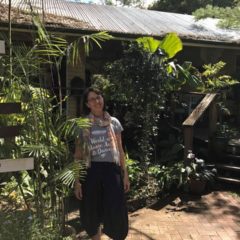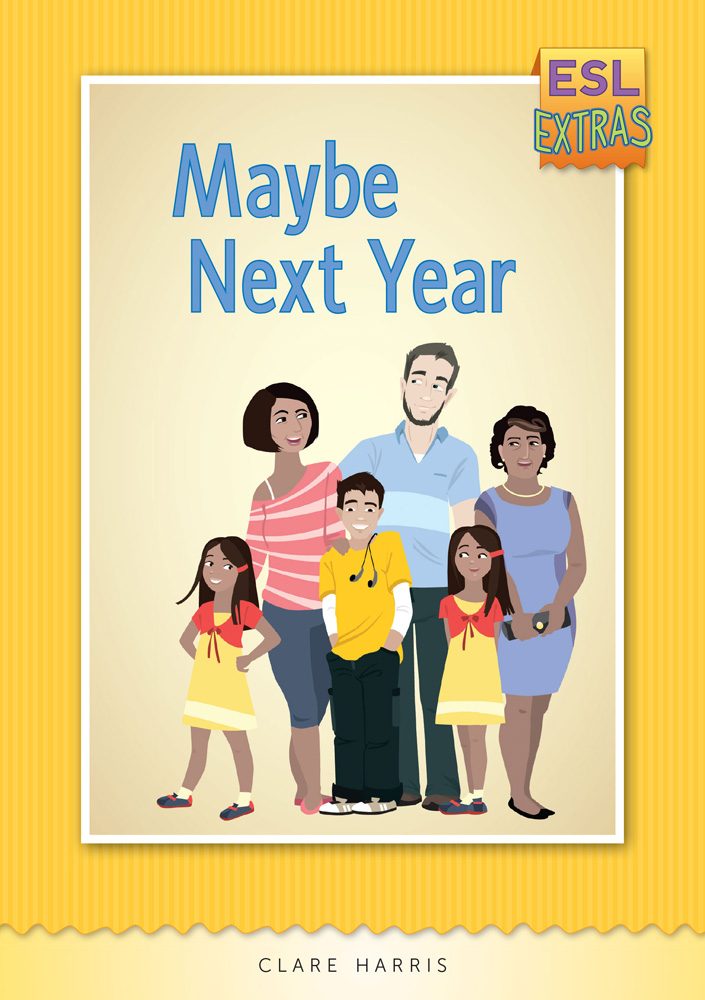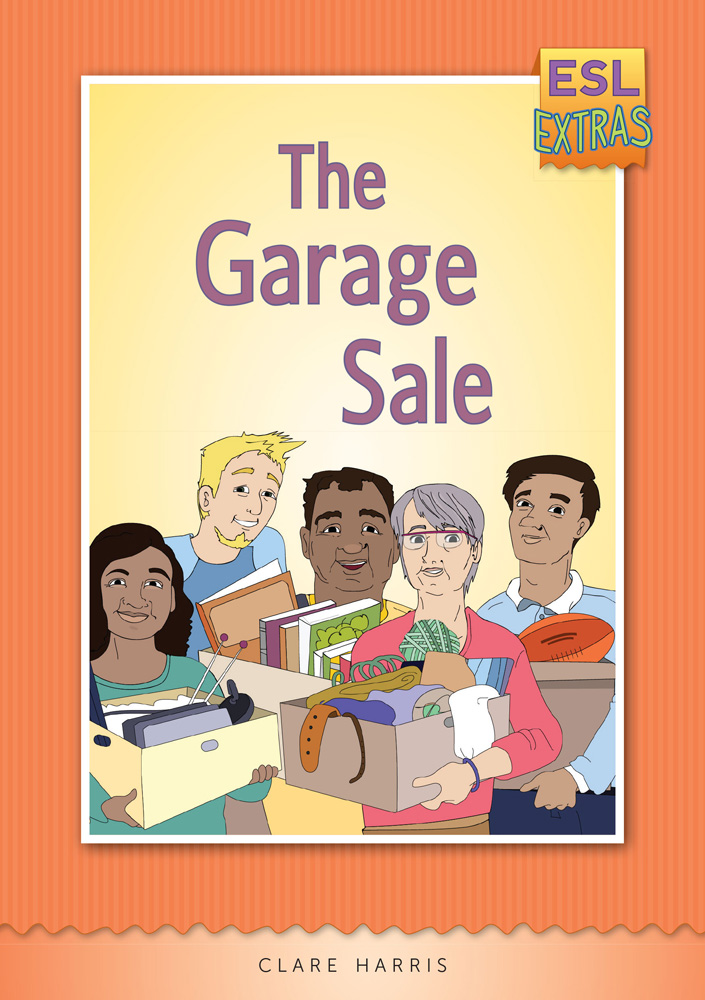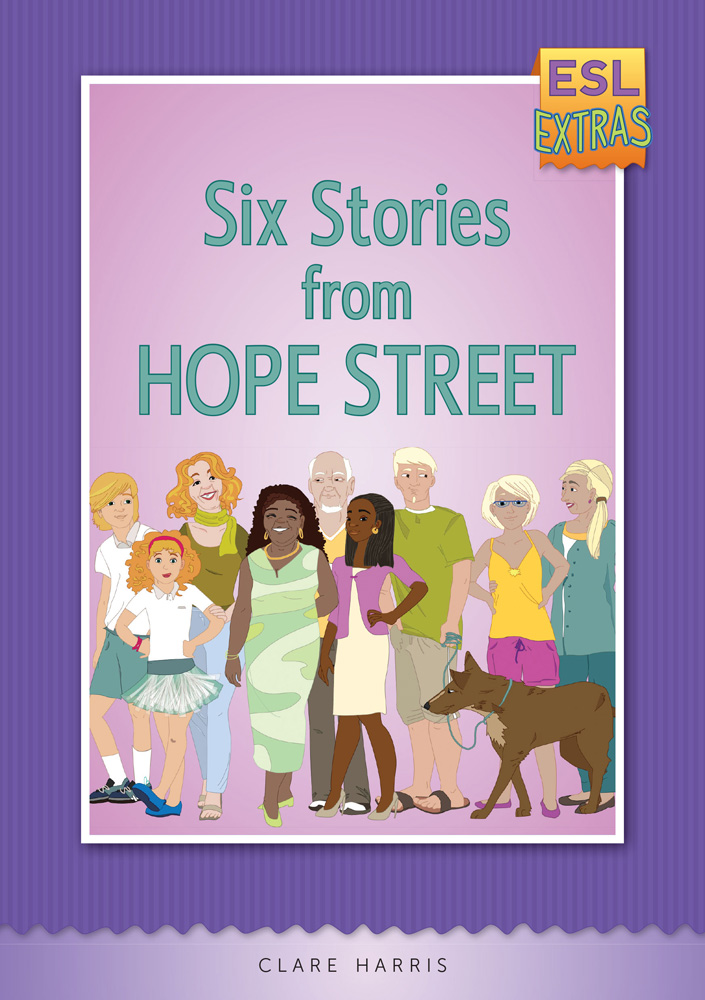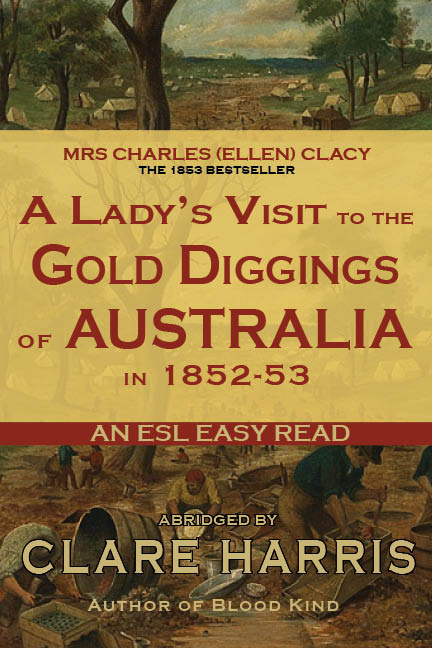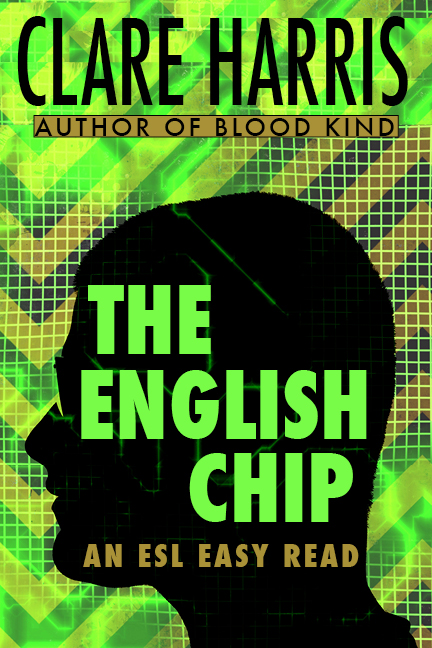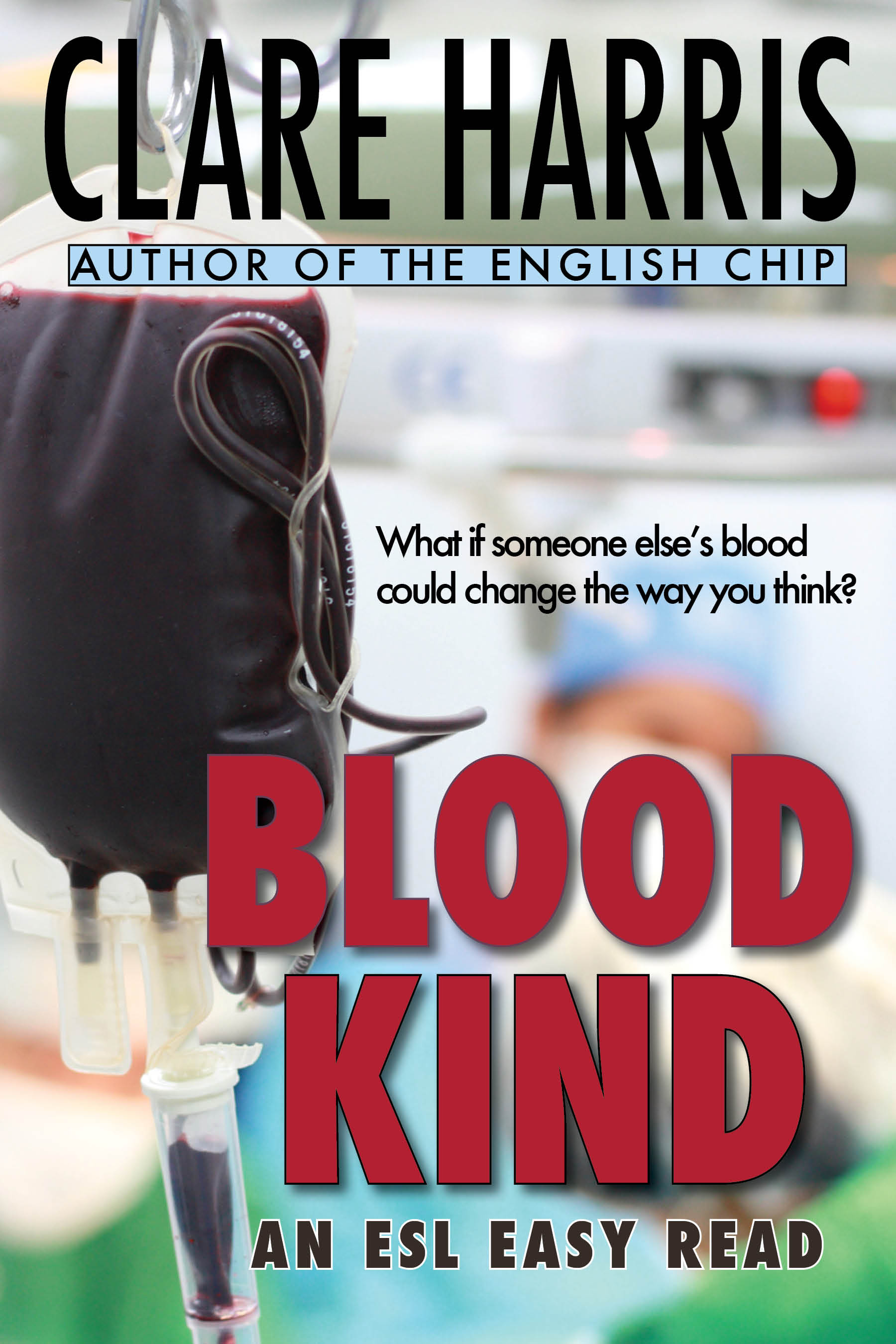I was so pleased when the ACTA Adult ESOL Facebook group was set up, because I love to feel I know what’s going on, at a national level, but in a not-too-formal way.
Lesley Cioccarelli (with Co-convenors Karen Barber and Elene Claire) was instrumental in this, and I’d hoped to attend her presentation on social media and professional development at QATESOL/QCAL in Mackay. It wasn’t to be, but after the conference she took me on a drive in the beautiful Cape Hillsborough National Park and I had the chance to ask her some questions…about herself and about her passion for social media in TESOL.
So Lesley, you had another life before TESOL?
I did. I first did library studies, then IT. So when I started ESOL teaching, it was logical to be using IT in the classroom and then mentoring other teachers. I did my Masters in e-learning, and as you can read in the conference program, I was running projects to trial and implement new technologies for teaching and learning… so helping teachers use new technologies is a big interest for me.
Hence the workshop on ‘sourcing your own professional learning opportunities online, and sharing with your networks’. How did you get involved in ELT networking?
I first got involved in global ELT networks through a bus trip – I can’t read on buses, but I can look at a screen, and that’s when I first explored Twitter.
I found #ELTChat and discovered all sorts of big names in the ELT world were active there, like Jeremy Harmer and Scott Thornbury. I followed people, they followed back, and at the first one-hour chat I attended, I was amazed at people’s generosity.
I kept this up for ages, and of course it was exciting going to conferences and already ‘knowing’ the people there, because we’d ‘met’ online. The problem was that these chats were often at really difficult times for someone in Australia, so I looked for something local.
Hmm – I know about that, having stayed up till midnight for a UK-based webinar. So what local groups did you find?
I was very excited to find #AusELT, which started as a group for members of English Australia, but was very welcoming, though I worked in a different area. I took part in my first #AusELT Twitter chat in a dark deserted carpark after teaching an evening class…
You WERE committed… and there are regular chats, aren’t there?
Yes, you can find alerts to them on Twitter or through their Facebook group. That Facebook group is out of this world – they have nearly 1000 members – but there’s a team of six behind the scenes, doing moderation, keeping the discussions going and on track, and very occasionally making sure things don’t get heated, because groups have to be a friendly and supportive place. If you want to join, look for #AusELT.
How about the resource wiki?
That grew out of one of the early #AusELT Twitter chats. We realised collectively we knew about good Australasian resources, and it was out of that that the #AusELT resource wiki started (sharing teaching ideas and resources, including videos, movies, published resources from Australia and NZ) – that wiki content is now on a website, at auselt.com/resources (for easier access and updating), but you can send suggestions.
So with so much else happening, why a specific ACTA Adult Facebook group?
At the 2014 ACTA conference, we were talking about how we could connect ACTA members across the country. The idea was to create something for teachers who work with adult migrant and humanitarian background learners. It was established with the idea of connecting members of ACTA affiliated associations. (ELICOS teachers are welcome to be part of this network too, though on Facebook they will probably find #AusELT of more relevance to their teaching context.)
Schools have a state-based EAL curriculum, so teachers tend to network well within their own state, through their local TESOL organisation. Teachers of adults are different – they’re often part of a national program (AMEP or SEE), or if not, they’re teaching a national curriculum, like CSWE or EAL, so any discussion is relevant across the country.
Where can people find the group?
It’s on Facebook as the ACTA Adult ESOL Interest Group: Professional Conversations.
Is the network just for teachers’ benefit, or is there a value to ACTA?
Often ACTA wants to put forward a national response to a government call for input – and it takes time to gather responses through each state or territory organization. The Facebook page gives everyone the chance to contribute, and responses can be collated quickly. It’s also really helpful for teachers who might be the only adult ESOL teacher in their area, as well as for general discussion.
Meaning everyone benefits… Can anyone join the ACTA Adult Interest group?
The group is intended for members of ACTA affiliated associations working in the Adult sector. But we will welcome others who have a connection to working or volunteering in the adult ESOL area within Australia – so the group really has a cohesive base. If you apply and we can see this group isn’t going to be right for you, we’ll refer you to other groups.
And anyone who joins can post?
Absolutely. You can ‘like’, comment on posts, or put up your own post – provided that it’s on topic: ELT, language issues, humanitarian/migrant arrival issues.
That’s reassuring. And are there rules?
Be nice. Post useful information. The page is not for self-promotion, so for example, Clare, we might alert members to your new resources, but we wouldn’t expect you to bombard us with ‘Buy now!’ posts. It’s moderated, so if there’s anyone who just doesn’t seem as though they can stick to the very simple rules, we can suggest better places for them to share their views…
I’ll be careful! No, seriously, thanks so much for talking to me, Lesley, and I encourage anyone who’s interested in keeping in touch with Adult ESOL news to take a look and ask to join up.
A follow-up note: I did refer to a lovely interview with Lesley on the CIT site – I can’t find that now, but here’s an interview with her on the move to online learning…


